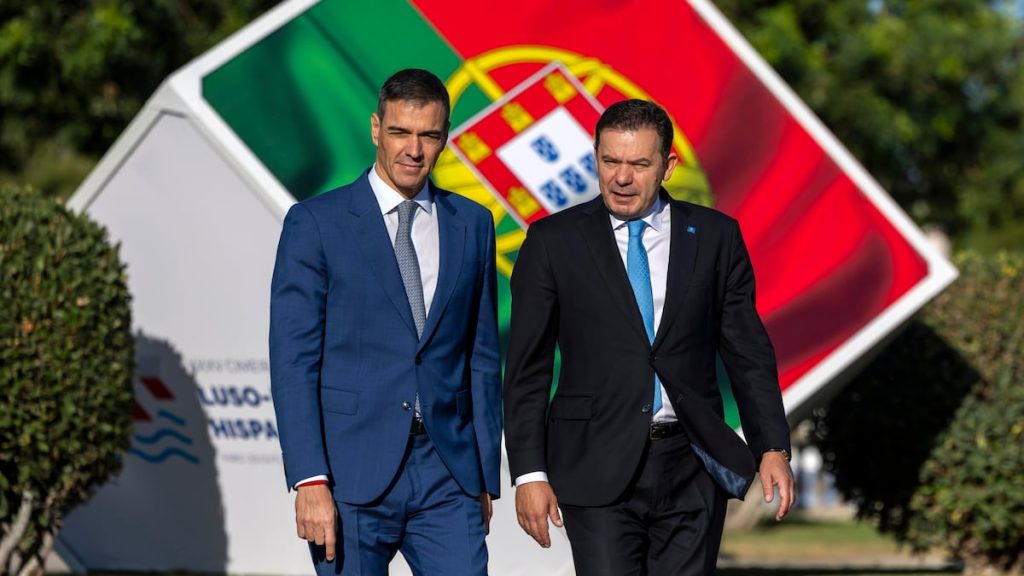The unexpected political change in Portugal, with the arrival of center-right leader Luís Montenegro to the government after nine years of socialist rule, seems to have reactivated bilateral summits between the two countries. The thirty-fifth Iberian summit, held in Faro, Portugal, brought together Spanish President Pedro Sánchez and Portuguese Prime Minister along with 22 ministers. One of the main agreements reached relates to water, the chosen theme for the meeting, specifically focusing on the revision of the Albufeira Convention, which regulates the management of five shared rivers between the two countries.
The revised agreement will establish minimum daily flow rates in the Tagus River and monthly rates in the Guadiana River to ensure good conditions for the estuary and river ecosystem. However, the agreement does not specify ecological flow rates, a point of contention for many Portuguese environmental organizations. Additionally, the Portuguese government secured recognition of illegal water abstraction in the Alqueva reservoir by Spanish farmers, who will now have to pay on an equal footing with Portuguese farmers for the water they use. Although specific figures were not outlined in the joint declaration, the Portuguese Ministry of Environment estimates that around 50 million cubic meters of water were consumed irregularly each year, valued at approximately two million euros.
The summit also confirmed the unlocking of two international bridges, long-standing demands of the local populations and a more determined effort from the Portuguese side. These new infrastructures will span the Sever River to connect Cedillo (Spain) and Nisa (Portugal), as well as the Guadiana River between Sanlúcar de Guadiana and Alcoutim. However, there have been minimal advancements in the realm of trains, as both countries disagree on the necessity of expediting the construction timeline for the high-speed rail link between Lisbon and Madrid. Montenegro reiterated that the deadline for linking Lisbon with the border via high-speed rail is 2034, two years after the completion of the Lisbon-Oporto-Vigo high-speed line.
The only new development in this field is the initiation of feasibility studies to evaluate the railway connection between the Algarve region and Andalusia, a request made by the Mayor of Faro during the summit. Additionally, the Portuguese Prime Minister expressed interest in advancing two other railway connections: the Aveiro-Oporto-Salamanca route and the Oporto-Bragança-Zamora route. Montenegro and Sánchez also used the summit to strengthen their alliance in pressuring French President Emmanuel Macron to advance energy connections between the Iberian Peninsula and France, crucial for becoming a renewable energy supplier to central Europe. This push is in line with the goals outlined in the Draghi report for greater energy autonomy in Europe, including projects like the BarMar pipeline between Barcelona and Marseille, as well as energy infrastructure in the Bay of Biscay.
Overall, the recent Iberian summit marked a significant shift in bilateral relations between Spain and Portugal, indicating a renewed focus on key areas such as water management, infrastructure development, and energy connections. The agreements reached reflect a commitment to addressing shared challenges and advancing mutual interests, while also seeking to strengthen ties with other European partners such as France. As both countries navigate changing political landscapes and regional dynamics, cooperation and collaboration will be essential in building a more sustainable and prosperous future for the Iberian Peninsula and beyond.


